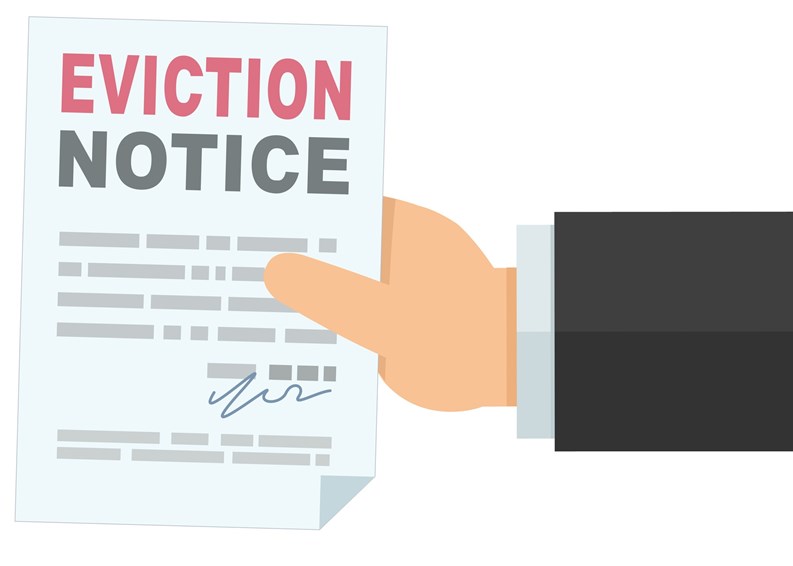Q. In 1999 I inherited a low-income HDFC co-op, which at that time the president told me I could rent out. When my relative passed away in 1998, I had just bought myself a condominium, so I took the president at his word and rented the co-op unit. My current tenant has lived in the co-op ever since.
As of April, the board said she had to leave, because the unit is not for profit. Her maintenance is paid, which I paid every month as the owner. She lives alone with no kids. What can be done about this?
—In Need of Answers
A. “The first issue to clarify here is who is the shareholder of record for the apartment,” said attorney Dean Roberts Chair the New York Real Estate & Finance Law Practice Group for Norris McLaughlin, which has offices in New York, New Jersey, and Pennsylvania. “[The writer] says that he inherited the apartment, but it’s unclear if he is the actual shareholder of record or if it’s in the name of their deceased relative.
“Assuming he is the shareholder of record, their duties and obligations are then dictated by the regulatory agreement that the HDFC has with the City of New York. In most circumstances there is a primary residence requirement and/or an income qualification at the time you become a shareholder. It is highly likely that the subletting of this apartment for so many years is a violation of the regulatory agreement with the City. However, even this is not clear, because given the suspected age of this HDFC co-op, its regulatory agreement may have expired - and with it the limitations on subletting.
“As for the co-op’s rights to pursue this litigation, they have a serious waiver issue in that they have knowingly and with consent allowed the occupancy of this individual for now over 20 years. The co-op may have lost the ability to object to the subtenancy, given its duration.”










3 Comments
Leave a Comment